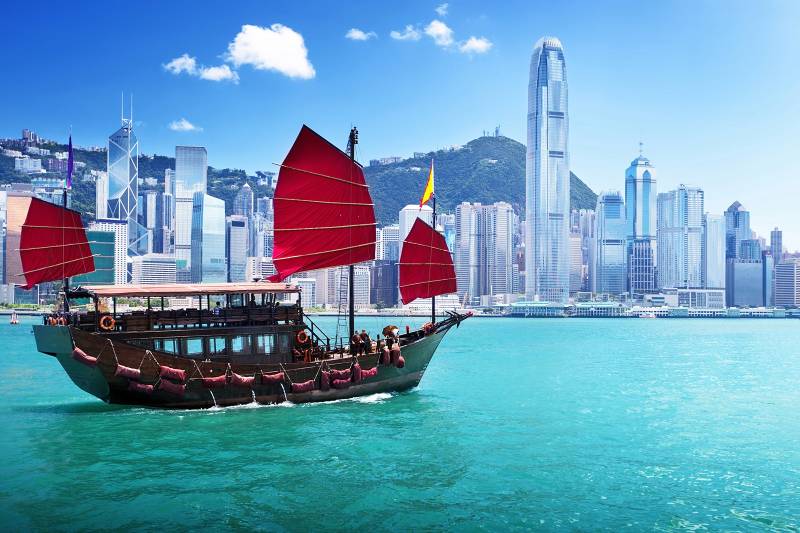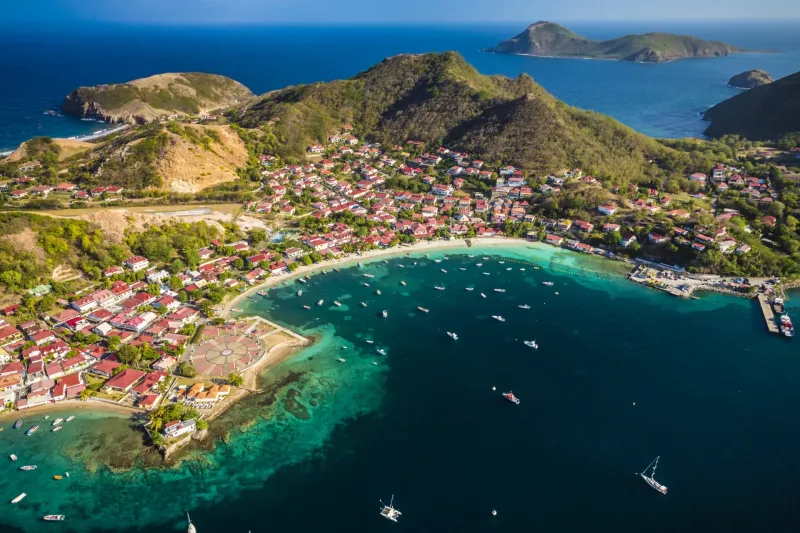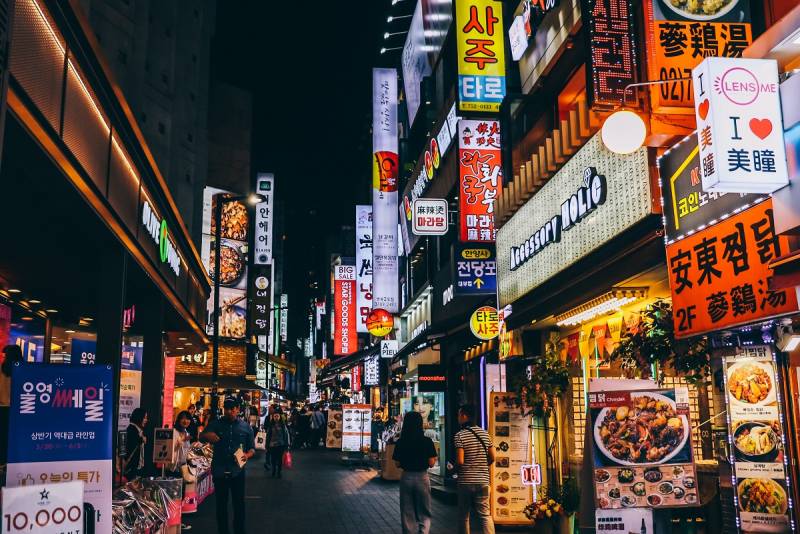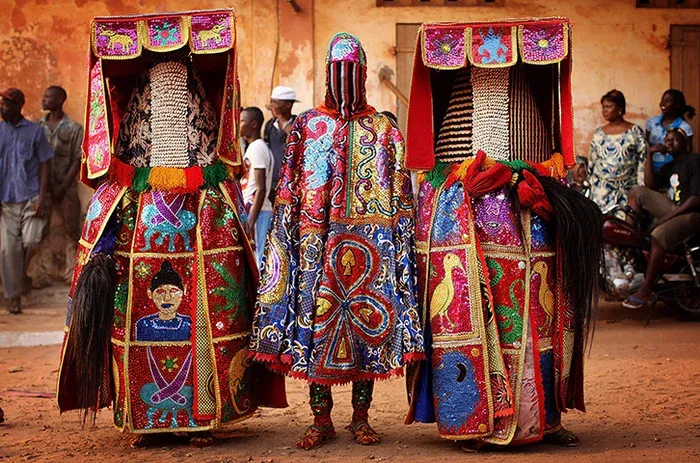Hong Kong is giving away 500,000 airline tickets in an effort to woo tourists back to the region. The city has rolled back COVID travel restrictions in recent months including mandatory isolation on arrival. It has just announced travel to mainland China will be seamless from next week. Now it is hoping to bounce back from the massive impact the pandemic had on its tourism industry. And part of Hong Kong’s plan involves giving away 500,00 airline tickets worth more than €250 million. Back in October, executive director of the Hong Kong Tourism Board Dane Cheng told the BBC that the free tickets were initially bought to support airlines during the pandemic. On Wednesday (1 February), Hong Kong's Chief Executive John Lee launched the $2 billion (€1.8 bn) 'Hello Hong Kong' campaign, with the flight ticket giveaway starting on 1 March. Hong Kong received 56 million visitors in 2019 - over seven times its population - before the pandemic began. But its strict COVID restrictions have kept visitors away over the past three years, devastating the tourism sector and its economy. The city’s GDP last year fell 3.5 per cent from 2021, according to the government’s provisional data.
How will Hong Kong's free ticket scheme work?
The giveaway will start on March 1 and last for about six months, with tickets distributed in phases. The free tickets will be distributed by Hong Kong-based airlines Cathay Pacific, HK Express and Hong Kong Airlines, according to Fred Lam Tin-fuk, chief executive officer of the Airport Authority Hong Kong. Tickets will be distributed gradually on the airlines' overseas platforms starting with Southeast Asian countries, followed by mainland China and Northeastern Asia, according to Time Out Hong Kong. A further 80,000 free air tickets will be given to Hong Kong residents in the summer, with another 80,000 for those living in the Greater Bay Area.
What discounts are available in Hong Kong?
Visitors can also enjoy special offers and vouchers among other incentives in the city. One million vouchers worth over HKD100 (€11.60) each will provide discounts on food, drinks, transport, hotels, retail and attractions. They will be distributed at tourist inquiry counters located at four border checkpoints from 5pm on 2 February, according to Time Out Hong Kong. The city will also host more than 250 events and festivals throughout 2023, from the Hong Kong Marathon to the Clockenflap music festival, Art Basel and Hong Kong Rugby Sevens.
What are the entry requirements for Hong Kong?
Hong Kong has had some of the strictest rules for travellers throughout the pandemic. The city largely aligned itself with mainland China’s 'zero-COVID' strategy and has relaxed its entry rules months slower than rivals such as Singapore, Japan and Taiwan. In September, mandatory quarantine on arrival was dropped. But even after Hong Kong reopened its border with mainland China in January, tourism recovery was sluggish. Now, the rules have been relaxed further. Visitors no longer need to self isolate on arrival, providing they test negative for COVID.
Inbound tourists are subject to rapid antigen testing on arrival and again on day five of their visit. If you test positive, you are required to self isolate for five days in your hotel or accommodation. Proof of vaccination is also required for those over 12 years old, unless you have proof of medical reasons why you cannot be vaccinated. Hong Kong residents who are not fully vaccinated will be able to enter Hong Kong. Non-residents who are not fully vaccinated and have visited places outside mainland China, Macao or Taiwan within the past seven days, will be denied entry into Hong Kong.
Hong Kong fully reopens border with mainland China From Monday 6 February, all travel restrictions between Hong Kong and mainland China will be dropped. Until now a negative PCR test was required, as well as pre-registration to get permission to travel via land. At a press conference Hong Kong's Chief Executive John Lee said,

"I am now announcing that the full border reopening between Hong Kong and the mainland will begin on February 6, which is next Monday. "A full opening of the border means, firstly, that there will be no limit on the number of people at all border crossings, no need to make prior reservations, and you can travel freely as you want. "Secondly, the requirement for pre-entry COVID-19 testing will be abolished, so that COVID and other tests will no longer be required, and (people) are free to enter and leave. Thirdly, all immigration control points will be opened."




